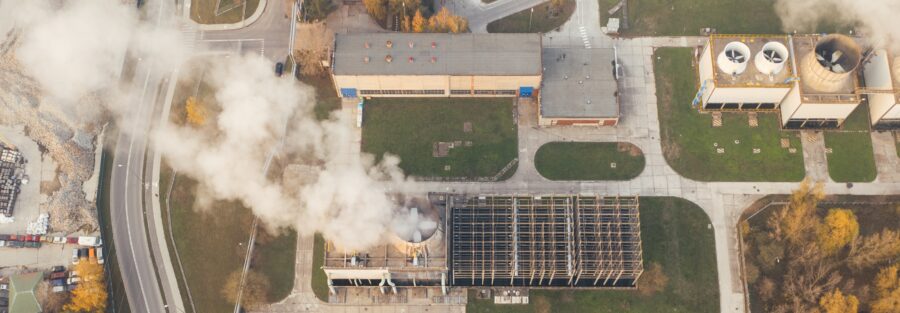Communicators try to prescribe ‘steps to take’ (along with a list of multiple action choices to pick from) in macro level issue messaging such as climate change. This is done with the good intention of helping to overcome the situation.
This is due to many reasons and communicators are encouraged to focus on what not to do in their messaging. As much as what and how to communicate, it is also important to understand what not to communicate so that the muddled communications are not confusing any further.
What is important to understand here is that climate change action messaging should be targeted to the ordinary people –not to the scientists.
The first ‘don’t’ -Lecturing to the audience.
“Don’t talk down to your audience” says www.hellosci.com writing about the Do’s and Don’ts About Communicating Climate Change. “Nothing will turn them off faster than an authority figure who treats them like toddlers.”
It is unavoidable that this communication takes on a lecturing tone despite trying to not to do so. There are two ways this can be prevented. Using an informal style including humor could help breakdown the monotony and the ‘lecturing’ tone. Segmenting audience and the use of varying styles –instead of one size fits all messaging- is another strategy.
Secondly, do not disrespect the audience.
“Don’t shame people for believing that stuff” –Perhaps even worse than talking down to the audience is shaming them. This is ‘implied’ shaming rather than direct shaming.
scienceborealis.ca (an inclusive digital science salon featuring Canadians blogging about a wide array of scientific disciplines) rightly tells not to ‘focus on political language or identity politics.’ Politics of any sort divides the audience. Therefore, for the Climate Change communicator, political lines would be the last thing bank on.
Related to this, is highlighting the importance of talking of personal action without focusing on guilt and shame.
“It’s important to acknowledge that everyone has their own experiences and lifestyles. It’s easy to assign guilt and shame, especially when talking about the environment. Doing so is often counterproductive. Instead, try to understand the deeper reasons behind their lifestyles and frame the conversation as an opportunity to do better..” – Belinda Hu (5 steps to climate conversations).
Then, the “data and facts thing.”
scienceborealis.ca wants to not to place the focus on facts. This is not saying to do away with facts and data altogether but minimize them. “For the average person, heavily scientific or jargon-filled messages about climate issues may be obscure, complex, and difficult to derive meaning from, leaving audiences feeling alienated and disconnected from the issues at hand” explains scienceborealis.ca.
No less than the global powerhouse, the World Economic Forum, agrees with this.
Jane Burton, its Executive Director of Clean Air Fund, writing in www.weforum.org, says:
“The challenge…isn’t awareness. It’s action. Concerns exist, but do not influence day-to-day decisions. Rarely is climate change a critical factor in elections. People tend not to think about climate change when deciding how to travel, how to invest their money or which energy supplier to use.”
Burston also tells of another ‘Don’t Do’: Do not prescribe meaningless action.
“..you give people ideas for what they can meaningfully do. The important word here is meaningfully: too many campaigns over-sell insignificant actions such as boiling less water in the kettle. Of course it makes a difference, but only a fractional one. People are not stupid; they know that cupfuls of hot water are not commensurate with climate change..”
And then, does the messaging center around rising temperatures?
This is a key misconception in climate change communications. Climate change can result not only in above average increase of temperatures but even in cooling off in some regions. If climate change results in only warming, then some regions of Antarctic becoming cooler may not explain climate change (though some speculate that such warming is due to a regional discrepancy).



